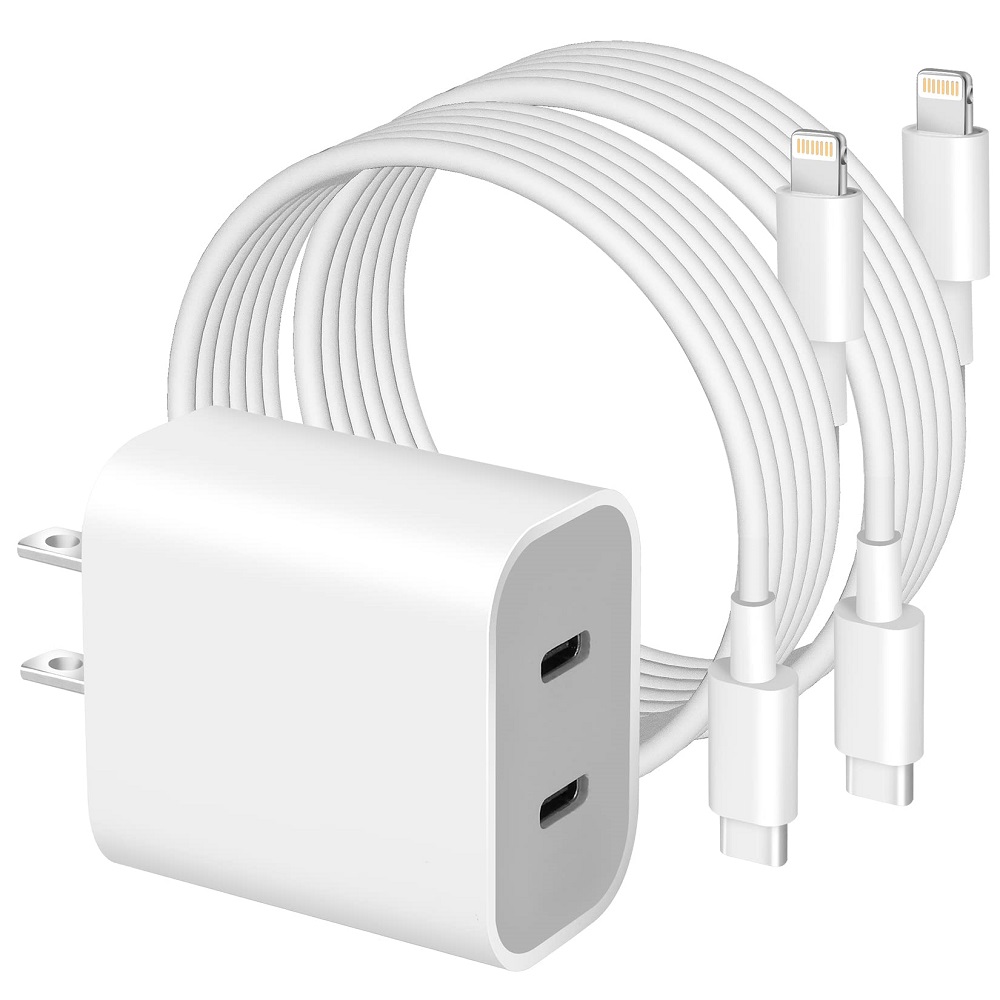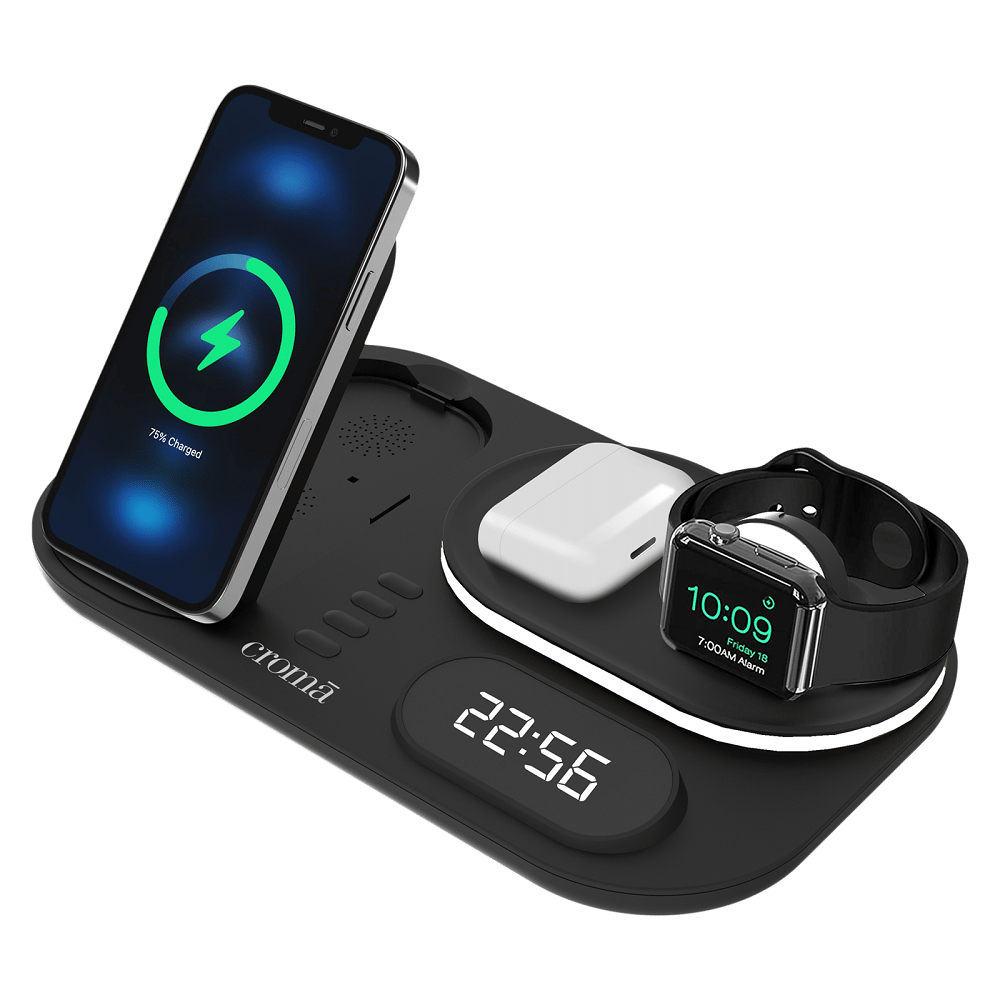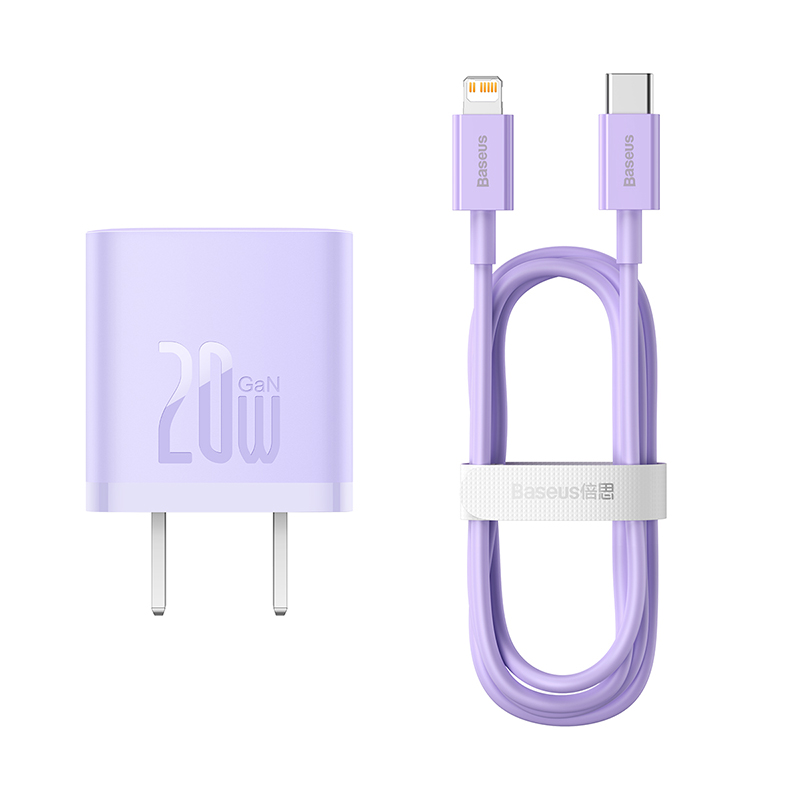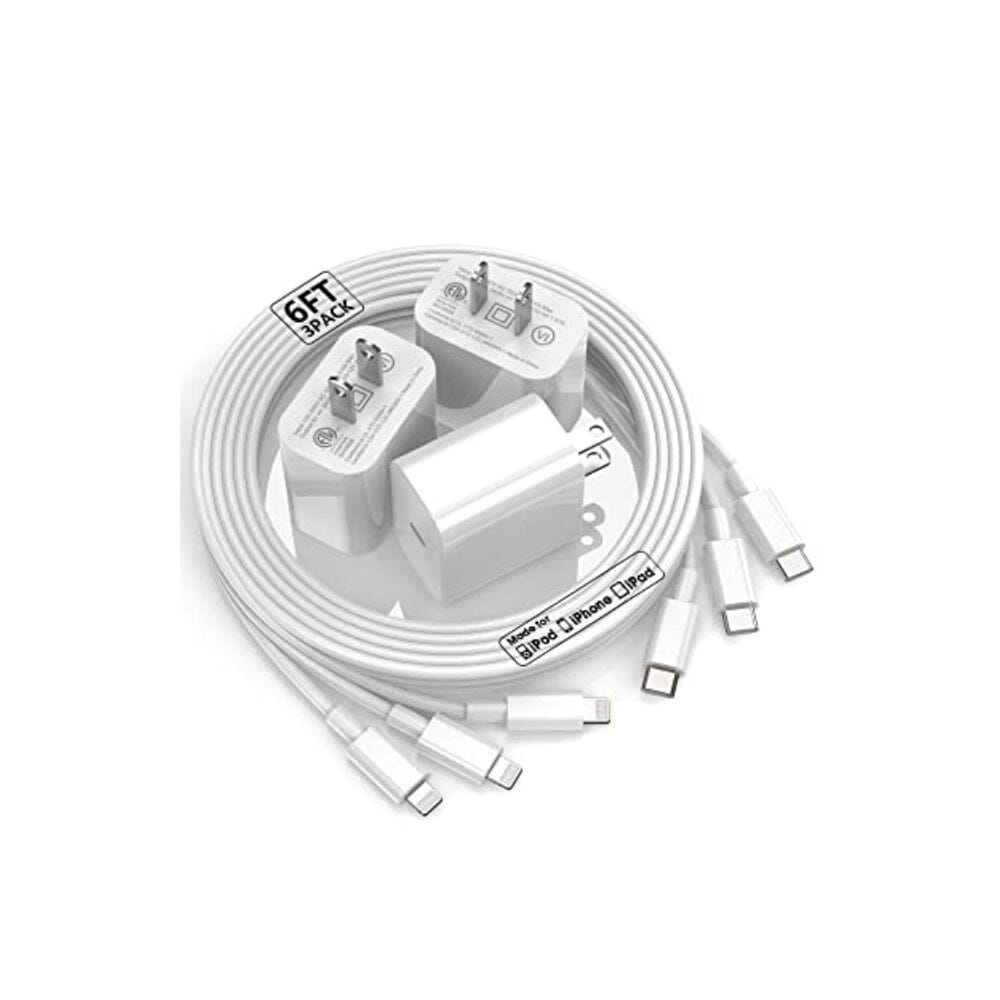The iPhone 14 has made waves since its release, offering cutting-edge technology and features that enhance the user experience. One topic that often arises among iPhone users is the choice between wired and wireless charging solutions. Both options have their own set of advantages and disadvantages, impacting convenience, speed, and even long-term device health. This article dives into the world of iPhone 14 charger solutions, comparing wired and wireless methods to help you determine which option best suits your lifestyle.
Understanding iPhone 14 Charging Basics
Charging Protocols
The iPhone 14 uses the Lightning connector for wired charging, a standard that Apple has maintained for several generations. This connector allows users to connect a Lightning cable to any compatible power source, including wall chargers, power banks, and computers. Apple recommends using at least a 20W power adapter to take advantage of fast charging capabilities, which can charge your iPhone up to 50% in about 30 minutes.
On the wireless front, the iPhone 14 supports MagSafe technology, a feature designed to enhance wireless charging efficiency. With MagSafe chargers, the iPhone aligns perfectly with the charging pad for optimal performance. Additionally, the device is compatible with Qi wireless charging standards, allowing it to work with a broad range of third-party charging pads.
Charging Speed Comparisons
Wired charging often wins the speed contest, with the capability to provide faster charging rates. Using a 20W adapter, the iPhone 14 can achieve rapid charging. In contrast, while MagSafe wireless chargers offer improved speeds (up to 15W), standard Qi chargers typically charge at around 5W or 7.5W. When you’re in a hurry, this can make a significant difference in how quickly you can get back to using your phone.

Advantages of Wired Charging
Convenience and Speed
Wired charging is renowned for its convenience and speed. With the right adapter and cable, you can charge your iPhone 14 quickly. If you’re on a time crunch, plugging your phone in can give it a significant boost of battery life in a short amount of time. This speed advantage makes wired charging the go-to option for many users, especially when they need their phone charged rapidly.
Moreover, wired charging doesn’t depend on precise alignment, unlike wireless charging. You simply plug in the connector, and the device begins charging immediately, regardless of how you place your phone on the surface. This feature is particularly useful when you’re busy and require a quick power-up.
Reliability and Energy Efficiency
Wired charging tends to be more reliable than its wireless counterpart. There’s no risk of misalignment causing the phone not to charge, a common issue with some wireless systems. Additionally, wired charging is more energy-efficient. A wired connection typically experiences less energy loss, which helps preserve battery health over time.
Since wired charging routes energy directly to the device’s battery, there’s minimal risk of overheating. Conversely, some wireless chargers can generate more heat, potentially causing long-term damage to your battery if not monitored adequately.
Pros of Wireless Charging
Ultimate Convenience
Wireless charging presents a level of convenience that many users appreciate. You can simply place your phone on a charging pad and walk away, without fumbling with cables. This feature is especially appealing for users who often multitask while charging their devices. For instance, while working at a desk, you can keep your phone charged without worrying about tethered cables getting in the way.
Wireless charging pads also come in various styles and shapes, enabling you to pick one that complements your home or office decor. You may find charging stations that accommodate multiple devices, allowing you to charge your iPhone alongside other smartphones or earbuds.
Reduced Wear and Tear
Using wireless charging can help reduce the wear and tear associated with frequent plugging and unplugging of cables. Constantly inserting and removing plugs can lead to damage over time, particularly to the charging port. By opting for a wireless solution, you can preserve your device’s longevity and maintain a clean charging port, keeping your iPhone in excellent condition over the years.

Limitations of Wired Charging
Cable Management Issues
Although wired charging offers speed, it isn’t without its flaws. One of the most significant drawbacks is cable management. Cables can tangle, wear out, and become damaged over time, leading to the need for replacements. If you’ve ever had to fight a tangled charger cable, you know that it can be frustrating. Additionally, for users who travel frequently, carrying multiple cables and adapters can feel cumbersome.
Restricted Mobility
Wired charging also limits your mobility. While your phone is tied to a cable, you can’t move too far from the power source. This restriction can be an inconvenience if you want to use your device while it’s charging or if you need to move around during a charging session. In contrast, wireless charging enables greater freedom to use your phone as needed, even while keeping it on the charger.
Drawbacks of Wireless Charging
Slower Charging Speeds
As previously mentioned, one downside of wireless charging is the slower charging speed compared to wired solutions. While MagSafe technology does help increase this speed, it still won’t match the rapid charging capabilities of a wired connection. When time is of the essence, you might find yourself frustrated if you rely solely on wireless charging.
Cost and Compatibility
Wireless charging pads tend to be more expensive than standard wired chargers. Moreover, not all wireless chargers are fully compatible with every device. Although the iPhone 14 is designed to work with various Qi chargers, not all of them will provide optimal charging speeds. Before purchasing a wireless charger, you should consider compatibility, which may limit your choices and potentially end up costing more if you need to replace a less-effective charger.

Choosing the Right Charging Solution for You
Consider Your Usage Patterns
When deciding between wired and wireless charging for your iPhone 14, think about how you use your device daily. If you often find yourself short on time and in need of quick power boosts, wired charging might be your best choice. On the other hand, if you value convenience and prefer a tidy workspace without clutter, investing in a quality wireless charger could enhance your experience.
Evaluate Your Environment
Another factor to consider is your environment. In office settings where multiple devices are often on display, wireless charging pads can create a clean and organized look. Home environments may benefit from the flexibility of both solutions. For example, you could keep a wired charger by your bed for overnight charging while using wireless chargers throughout the day in various locations.
Best Practices for Charging Your iPhone 14
Mix and Match
To ensure the best experience, consider utilizing a combination of both wired and wireless charging. Use wired charging for faster power boosts when you need them and wireless charging when convenience is paramount. This mixed approach enables you to take advantage of the strengths of each method.
Monitor Battery Health
Regardless of the charging solution you choose, monitoring your iPhone 14’s battery health is crucial. Apple’s settings allow you to check battery health and see how it might be affected over time. Be aware that consistently fast charging, whether wired or wireless, can impact battery longevity. Optimizing charging schedules and avoiding leaving your device on the charger for too long can contribute to overall battery life.
Invest in Quality Chargers
Lastly, always invest in quality charging solutions to protect your investment. Whether you choose wired or wireless, opt for certified chargers from reputable brands. Using subpar chargers can lead to overheating, inefficient charging, or even damage to your device. By choosing reliable options, you can ensure that your iPhone 14 charges safely and effectively.
Conclusion
In summary, the choice between wired and wireless charging for your iPhone 14 charger comes down to your personal preferences and habits. Both methods have their merits and drawbacks, influencing speed, efficiency, and convenience. Understanding your daily usage patterns, evaluating your environment, and considering best practices will guide you toward the ideal charging solution.
Ultimately, you can enhance your iPhone 14 charger experience, ensuring that you stay powered up while enjoying the convenience and advanced features this device offers. Embrace the advancements in charging technology, and make an informed decision that aligns with your lifestyle and needs.
